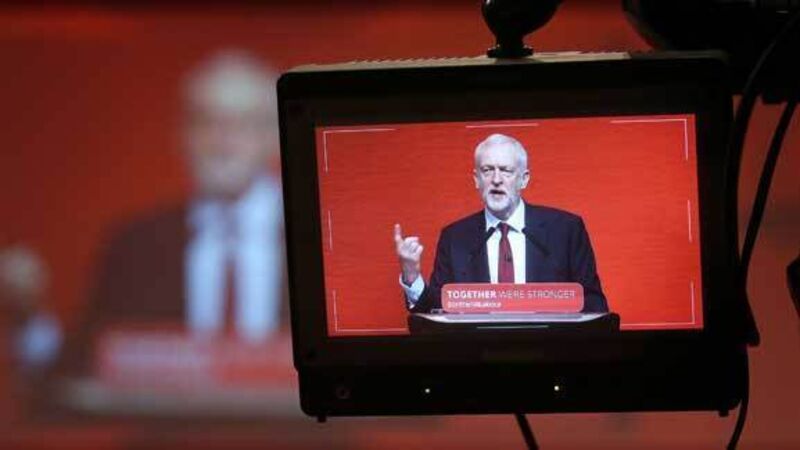Jeremy Corbyn is fuelled by principles but a sense of direction is sadly lacking

ONE of the eternal verities of politics, here and in Britain, is that the ruling party can never be expected to win a by-election.
They never do, because the process allows ratty voters to give the finger to the Government without endangering ongoing progress of which they might generally approve. As well as that, those who support the Government of the day often don’t bother getting out to vote because they know it’s not going to make a difference to its onward march.

















